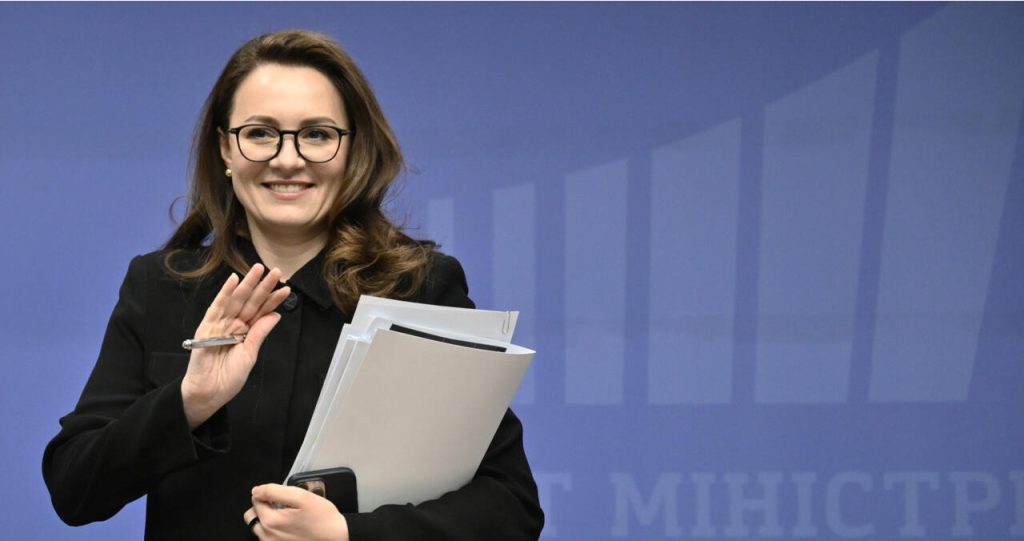Economy
28 million Nigerians have no access to banking

No fewer than 28 million Nigerians – mostly in the rural areas – have no access to banking, the Central Bank of Nigeria (CBN) said yesterday.
The apex bank Deputy Governor, Financial System Stability, Philip Ikeazor, who stated this yesterday, added that the CBN and stakeholders have been working tirelessly to reduce the financial exclusion rate.
The demographics mostly affected by this financial exclusion are: women, youths, rural communities and Micro, Small and Medium Enterprises (MSMEs).
According to him, as a result of these efforts, the exclusion rate had dropped from 46.3 per cent in 2010 to 26 per cent as of last year.
He said: “Despite this progress, there are over 28 million Nigerians who still have no access to formal financial products and services and certain challenges persist.”
Ikeazor spoke in Lagos at the ongoing 2nd International Financial Inclusion Conference 2024, with theme: “Inclusive Growth—Harnessing Financial Inclusion for Economic Development”.
The CBN Governor, Olayemi Cardoso, said the ongoing recapitalisation of banks comes with several benefits to the economy.
He said recapitalized banks will take bigger risks by capturing underserved markets into the financial net.
In line with its efforts to deepen financial inclusion, the apex bank introduced new minimum capital requirements for banks, the CBN boss said .
Cardoso added: “This strategic move ensures that banks are well-capitalised, enabling them to take on greater risks, particularly in underserved markets.
“With stronger capital bases, banks can provide more loans and financial products to Micro Small and Medium Enterprises (MSMEs), rural communities, and other vulnerable segments that have previously struggled to access formal financial services”.
The CBN on March 28 announced a two-year bank recapitalisation, which began on April 1 and is expected to end on March 31, 2026.
The recapitalisation plan requires minimum capital of N500 billion, N200 billion and N50 billion for commercial banks with international, national and regional licences .
Cardoso said the recapitalisation policy, not only strengthens financial stability, but also serves as a catalyst for inclusive growth.
“By enabling banks to extend more credit to MSMEs, we enhance job creation and productivity. Furthermore, with increased capital, banks can invest in technology and innovation, crucial for driving digital financial services such as mobile money and agent banking. These technologies are key to breaking down geographic and economic barriers, bringing financial services to even the most remote areas,” he said.
At the event, the CBN launched the Women Financial inclusion Dashboard, Women Entrepreneurs Finance Code and Financial Inclusion of Forcibly Displaced Persons.
The apex bank chief said financial inclusion has the potential to unlock significant economic growth, particularly through the empowerment of small and medium-sized enterprises (SMEs), women and other vulnerable segments of the population.
“SMEs are responsible for over 80 per cent of employment in Nigeria, yet many struggle to access the credit needed for expansion. Financial inclusion for SMEs is essential to unlock the full potential of this sector, and the Nigerian government remains committed to supporting these enterprises,” he added.
Lagos State Governor Babajide Sanwo-Olu, reiterated the benefits of financial inclusion to businesses and economy.
The governor, who was represented by Deputy Governor Femi Hamzat, said that financial inclusion is at the centre of economic development.
He said Nigeria has what it takes to deepen financial inclusion, and support the growth of business and economy.
Financial inclusion will also support government’s efforts to achieve $1 trillion economy, Hamzat said.
Cardoso said that women also play a critical role in driving inclusive growth. Research, according to him, shows that when women are financially empowered, they reinvest in their families and communities, creating broader socio-economic benefits.
“Yet, women in Nigeria are disproportionately excluded from the formal financial system. The Central Bank of Nigeria has made significant strides in promoting financial inclusion for women and youth, particularly through frameworks aimed at closing gender gaps and regulatory support for digital platforms that offer easier access to financial services for these vulnerable groups.
“With programmes aimed at financial literacy, the CBN is also empowering young Nigerians to become financially independent, fostering entrepreneurship, and driving economic growth across the country,” he said.
One of the most transformative tools for financial inclusion has been the adoption of digital payment channels leveraging mobile technology.
He said Nigeria’s growing mobile phone penetration provides an unprecedented opportunity to expand access to financial services. Interoperable payment platforms have enabled millions of Nigerians to send payments, save, and access credit without traditional bank accounts.
“Technological advances have democratized financial services, allowing people in remote areas to participate in the economy and this government is committed to creating an enabling environment for these innovations to thrive, through policies that foster competition, innovation, and financial stability,” he said.
Cardoso said since the launch of the National Financial Inclusion Strategy (NFIS) in 2012, the CBN in collaboration with partner agencies has championed policies and initiatives to reduce financial exclusion.
These initiatives have been guided by the vision of ensuring every Nigerian has access to affordable financial services, from basic savings accounts to micro pension and microinsurance offered by other regulated non- bank financial institutions to digital payment platforms.
Managing Director, Nigeria Deposit Insurance Corporation (NDIC), Bello Hassan, said Nigeria financial services regulators want to achieve financial inclusion target they set for themselves because of the immense benefits it will bring to the economy.
According to him, the NDIC raised the minimum insured deposits to ensure that more Nigerians develop interest in the financial system and also to protect depositors.
He said that NDIC is committed to ensuring that customers deposits are secured to ensure greater inclusion in the financial system.
For Diaspora Digital Media Updates click on Whatsapp, or Telegram. For eyewitness accounts/ reports/ articles, write to: citizenreports@diasporadigitalmedia.com. Follow us on X (Fomerly Twitter) or Facebook










